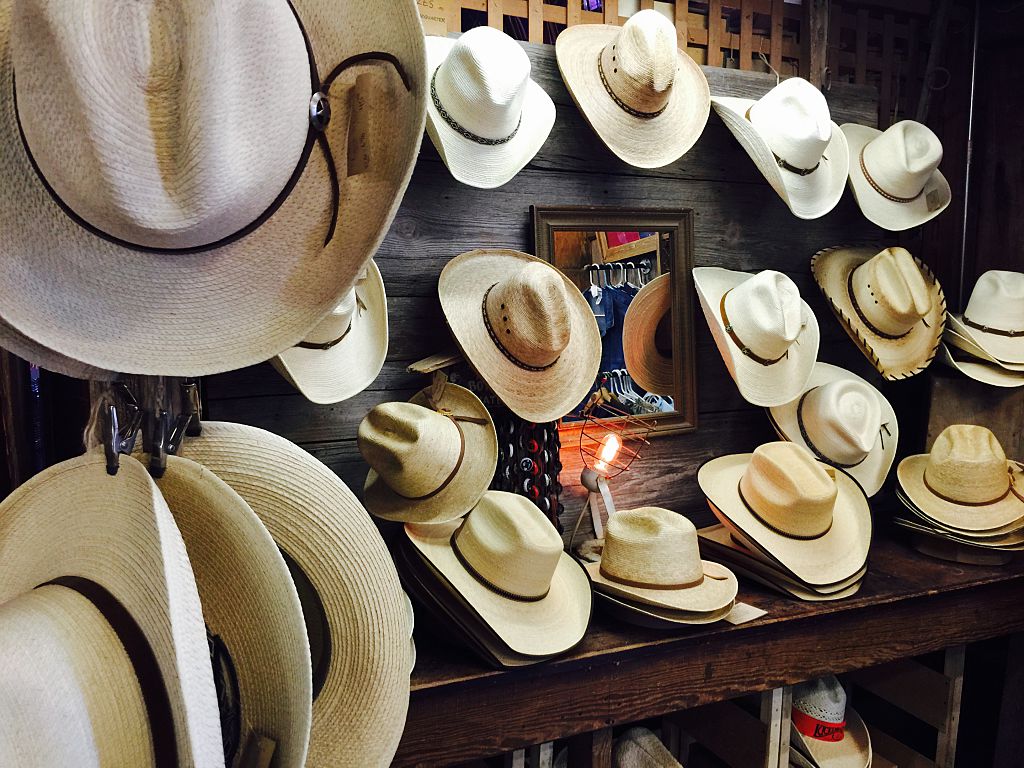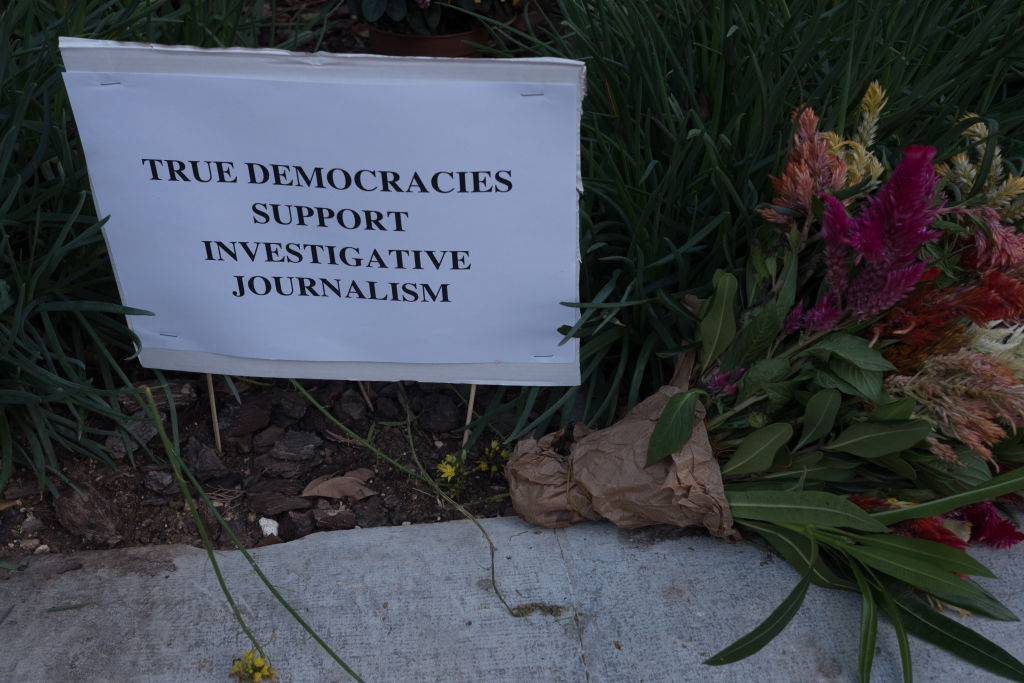Germany is the “freest” country in Europe, according to this year’s Nanny State Index (NSI).
The NSI is a league table that ranks “the worst places in Europe to eat, drink, smoke and vape” based on “lifestyle freedoms, prohibition and policy-based evidence” in the 30 countries analysed. The “least free” countries are at the top of the table; the “freest” countries at the bottom.
“Germany is once again the freest nation on the list, with honourable mentions going to Spain, Italy, Luxembourg, and Czechia,” wrote Christopher Snowdon, the head of Lifestyle Economics at the UK’s Institute of Economic Affairs, who has coordinated the NSI and its report with partners around Europe since its launch in 2016.
He added: “Since 200 million people live in these countries, a cheerful interpretation would be that nearly half of EU citizens live in the least paternalistic nations.”
Though he also cautions how “throughout Europe there is more and more of a paternalistic agenda in telling people what they can do [and] there doesn’t seem much end in sight”.
‘The general picture since we started doing this since 2016 is nearly every country is getting progressively worse.’
Christopher Snowdon explains what the Nanny State Index is. pic.twitter.com/eqN2Lahd9V
— GB News (@GBNEWS) September 1, 2021
The “least free” EU country, according to the index, is Lithuania, which comes in at number 3, below Norway at 2 and Turkey at 1. Finland, Hungary and Ireland are ranked at 4, 5 and 6, respectively.
The European Policy Information Centre, a network of 10 European free-market think-tanks, tweeted in response to the NSI findings: “From minimum pricing to display bans, these measures curtail our freedoms with little evidence that they have positive effects on health.”
? The temperance movement lives on in alcohol regulation in Europe!
?? From minimum pricing to display bans, these measures curtail our freedoms with little evidence that they have positive effects on health
Let’s examine the impact of these policies ? #NSI
— EPICENTER – European Policy Information Center (@epicenterEU) July 12, 2023
“Alcohol regulations across European countries often lead to unintended consequences,” the centre argued.
It noted how in Sweden, the government’s “monopoly” on alcohol sales through its Systembolaget stores has “spurred a thriving black market”.
High alcohol taxes in Finland have prompted citizens to dart into neighbouring countries to get their booze, it added, thereby “negating the intended effect of reducing consumption”.
The European Union has long attempted to slap warning labels on alcohol products. This year has seen a renewed push to introduce graphic warnings on alcohol packaging, similar to those on tobacco products.
“Governments looking to reduce their fiscal deficits after the [Covid] pandemic have found common cause with ‘public health’ extremists who promote sin taxes,” stated the NSI report, noting what it called the preponderance of “heavy temperance legislation” in EU countries.
In 2026, Ireland is set to become the first EU country to ensure that all alcohol products carry labelling about the health implications and risks of drinking such beverages – from calorie counts to the dangers of liver disease and developing cancers.
The country has been praised as “leading the way” for the EU by the World Health Organisation.
The NSI report also noted that “there are no longer any countries in the index where the decision on whether to allow smoking in bars and restaurants is left entirely to the owner”.





